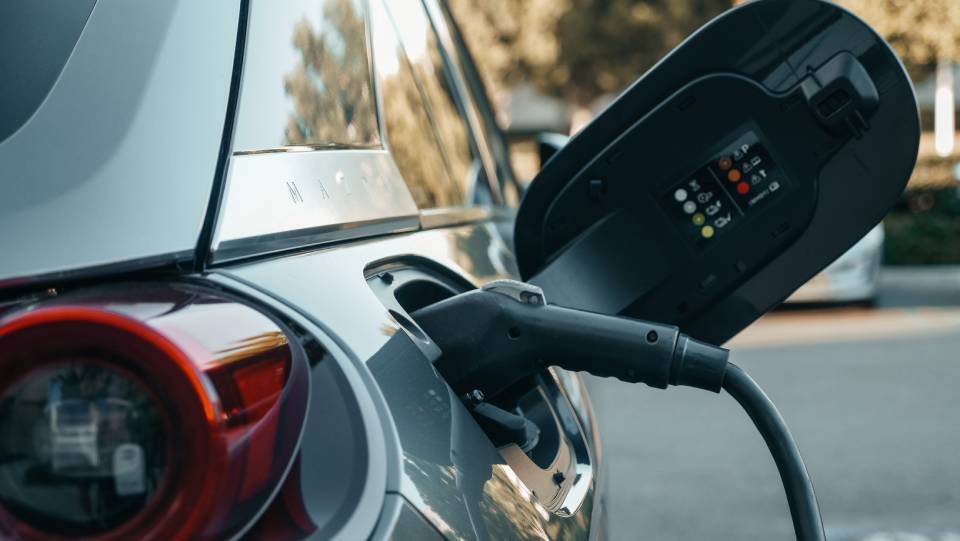MidlandToday welcomes letters to the editor at [email protected]. Please include your daytime phone number and address (for verification of authorship, not publication). The following letter is in response to a letter regarding electric vehicles, published March 12.
The letter reflects the individual’s experience. However, there are factual errors that need correcting.
There is no such thing as nuclear batteries. What Toyota has is a hydrogen fuel cell.
We have owned a plug-in hybrid Toyota Prius, a vehicle whose technology has been on the road 20 years without problems. It has an electric drive-train and a gas one. Consumer Reports has tested a non-plug-in Prius 10 years apart and found no battery degradation.
Next we owned a Chevrolet Volt, also a plug-in vehicle but with a gasoline generator. It has a single electric drive-train. Once the battery runs out, the gasoline engine is used to generate electricity for the motor. That vehicle had powerful acceleration. The fuel economy was also very good. The brake pads had less wear because to slow down, the kinetic energy was converted to electricity and stored in the battery instead of heat when braking. We loved that vehicle and bought it at lease end.
I was a skeptic when it came to total cost of ownership of electric vehicles. We now have a Tesla Model Y and can say it is 100 per cent true: There are no maintenance costs.
Our insurance only went up $200. It costs us .02 cents per kilometre to run if charged at home overnight. We drove from London, Ont., to Prince Edward Island and Newfoundland and back without any issues. The 7,400-km trip only cost $500 in charging, which is .07 cents per kilometre.
In the morning we drove two hours and then charged during our 15-minute bio break. We then drove another two hours and charged to 90 to 95 per cent over lunch. We repeated that pattern the rest of the day.
Electric Vehicles (EVs) are not for everyone yet. For people who don’t want to change, there will always be reasons not to. It is important that you are willing to embrace change before considering an EV.
For example, you will miss going to the gas stations. They are usually charged overnight at home just like your phone. However, they have very different batteries and technology. It’s like comparing cake and bread. They share ingredients but are not the same.
Millions of cellphone batteries don’t get recycled but no one says anything. There were no plans to address it. However, with electric vehicles, investments are already taking place to recycle their batteries and, as a bonus, the cellphone batteries as well. Companies like Redwood Materials are already recycling 95 per cent of the battery materials. Fossil fuels once burnt are gone, whereas over time, battery materials will be a closed loop with a few new materials required.
The horror stories about EVs also occur with gas vehicles but the latter is not news. In fact, the “lemon laws” are because of gas vehicles. There are now millions of EVs on the road around the world with surveys repeatedly reporting that over 90 per cent of owners would buy another.
Ravi Gupta
Thorndale



